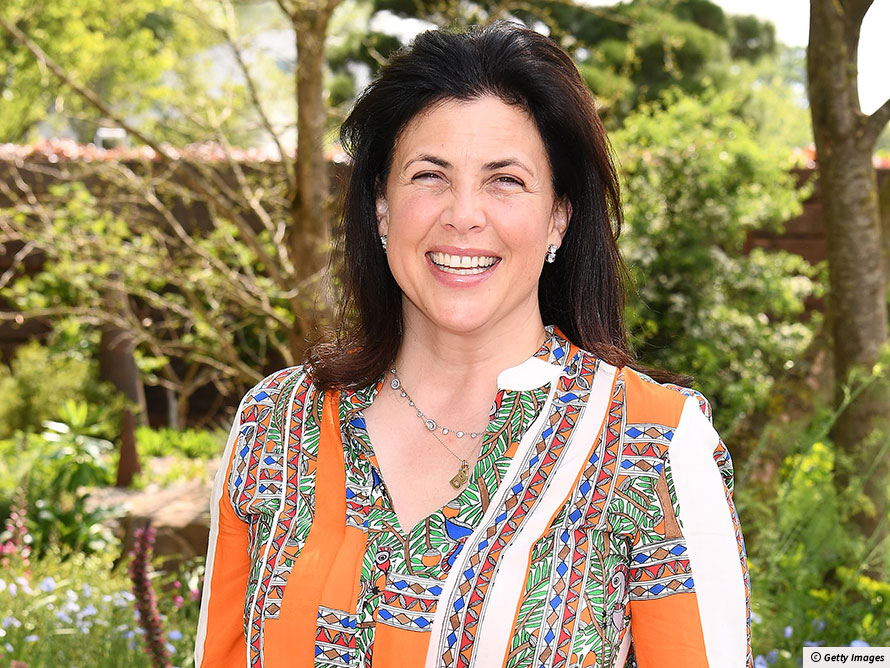Would you have let him go? Television personality Kirstie Allsopp has faced an avalanche of criticism and support for letting her 15-year-old son travel around Europe without an adult. It has opened up a rich debate.
Interrailing son, 15, sparks meltdown
 Absurd!: Kirstie Allsopp (above) has slammed social services for investigating her son Oscar’s independent trip this summer. Others are outraged that she allowed it.
Absurd!: Kirstie Allsopp (above) has slammed social services for investigating her son Oscar’s independent trip this summer. Others are outraged that she allowed it. 